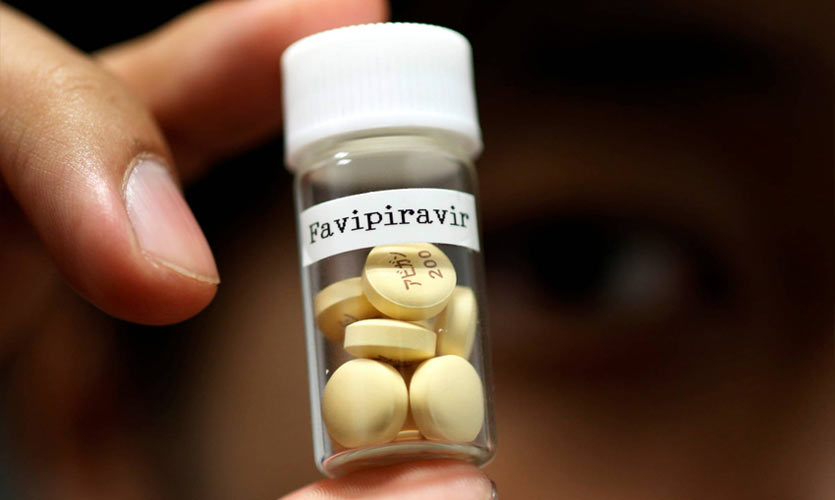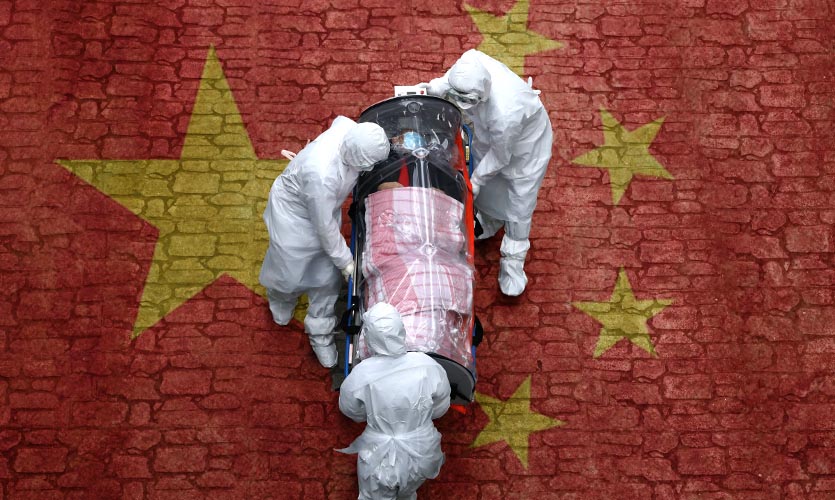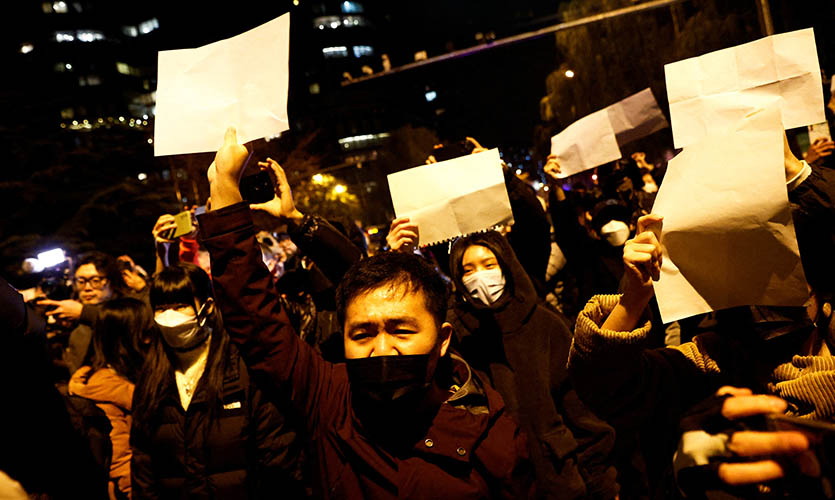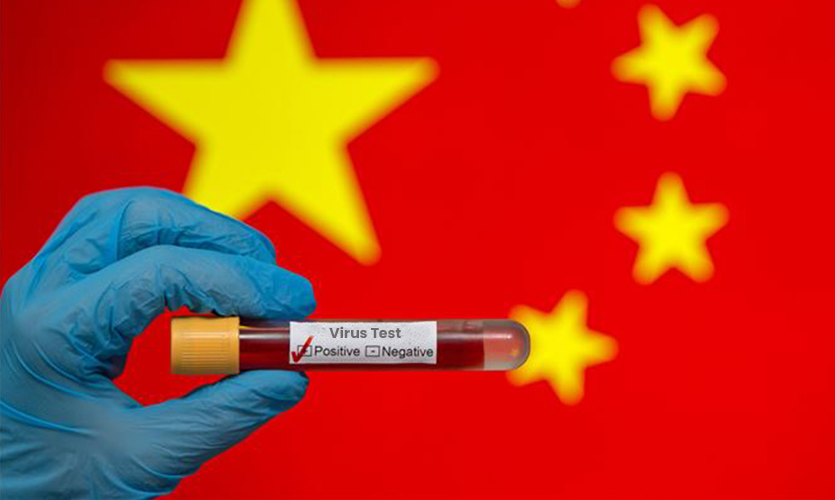“Will you buy a medicine strip if you know it was used or even touched by a COVID-19 patient?” asks Shardul Rai (name changed), owner of a local medical shop in Mumbai. Like Rai, plenty of pharmacy owners are rummaging through India’s drug policies when it comes to unused COVID-19 medicines.
Unfortunately, India does not have any mechanism for the disposal of expired and unused drugs. Consumers, retailers, or wholesalers do not have established guidelines to follow in this aspect. However, a certain set of local medical shop owners in Mumbai revealed to Sparrow News that if the medicine strips are absolutely untouched and are coming from customers they trust, they consider their requests. Jagdishbhai, as he is fondly called by his customers, says, “See, if it’s not touched or even creased and especially costly, I take it back and sell it to other customers with a disclaimer.”
He further adds, “In our shop, with such medicines, we tackle things with additional precautions. This is so that nothing dangerous happens to the next customer who is buying.” When asked if customers accept the partially used medicines, he says, “It depends. However, if he or she is an old customer, trust factor comes handy.”
Meanwhile, some shop owners divulged that such a situation seldom occurs as customers usually discard the medicines or keep them with themselves. “If the medicines they used were Vitamin C tablets/capsules or fever-reducing drugs like Paracetamol, Crocin, Aspirin, etc., they tend to keep it with themselves given its good shelf life. In some cases, they simply discard it instead of taking the pain of returning it,” says a medical shop owner on the condition of anonymity.
The above-mentioned medicines are used in case of normal oxygen saturation along with fever and no other COVID-19 symptoms. Pharmacies tend to avoid taking back other medicines that are prescribed by health practitioners, citing reasons like safety and monetary loss. “It is simply dangerous to me, people working with me, and to the customers, if we sell it to them. Given how COVID-19 can be transmitted, our customers won’t buy it anyway which means it will be our loss,” adds Rai.
A senior IAS officer in Gujarat told the Indian Express that he wanted to return unused Favipiravir tablets which cost over Rs.1,200 per strip. The pharmacy refused to take back the medicine. “On one side we are facing a shortage of medicines and on the other hand, these medicines are going to waste. I bought the medicines for my sister but when I went to return the unused ones to the pharmacy, I was told by the in-charge that since they are used by COVID positive patients they get infected, and so cannot be taken back. This is the sheer highhandedness of pharmacies. Also, the money returned from the unused medicine can be of use to the families,” the officer said to the newspaper.
Regulations in other developed countries differ as they have strict guidelines underscored by the government when it comes to unused medicines or their disposal. Given the worldwide shortage of medicines, these parameters are even tougher. According to the guidelines by the American Society of Anesthesiologists (ASA), discarding unused/unopened medications is not prohibited.
However, it recommends, “Do not discard unused and unopened medications, especially those in short supply, without considering options for isolation, disinfection, and segregation of medicines. Protect medications from contamination by keeping them out of patient rooms unless necessary. When possible, place medications in zip-lip baggies to protect them from contamination until the point of use.” Their joint statement with the American Society of Health-System Pharmacists (ASHP) further adds, “Unused medications that have been exposed to SARS-CoV-2 may be decontaminated with an EPA-registered disinfectant that is qualified under the viral pathogens program using appropriate dwell times, or they may be segregated from unaffected inventory until sufficient time has passed to deem them decontaminated.”
Read more about the infamous ‘black fungus that’s surging in India
If not for the pandemic, pharmacies and general medical stores usually take back unused medicines, provided a receipt was produced. These are either resold or given back to the respective company for “destruction”. “The large stock of medicines – unused, faulty, and expired – are sent to the waste management body for destruction. We then notify the municipal body or the state government as it has excise duty in it,” said a pharmacy manufacturing unit official.
Costs of drugs used for the treatment of COVID-19 are shooting up as the demand rises. However, given the vulnerable situation, people are experiencing, they have no choice but to give in to the exorbitant prices. Citizen initiatives and NGOs are increasingly becoming more reliant options. Dr. Marcus Ranney and Dr. Raina, a couple based in Mumbai, started the ‘Meds For More’ to collect unused medicines from COVID-19 recovered patients. Reportedly, these medicines are donated to primary health care centers in rural districts across the country.










